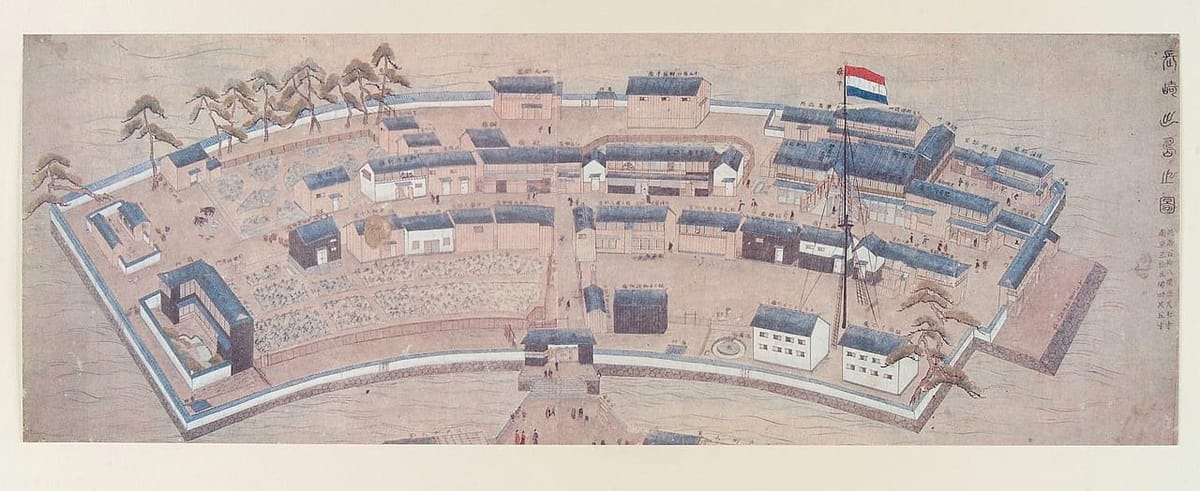CAPASIA: The Asian Origins of Global Capitalism. European Factories in the Indian Ocean, 1500-1800

CAPASIA is a five-year ERC-funded project hosted at the European University Institute in Florence from 2022 to 2027. The project aspires to provide a polycentric history of early modern capitalism, with the factories of maritime Asia as its focal point. With Professor Giorgio Riello as Principal Investigator, the CAPASIA team consists of four research fellows working on a variety of topics related to European and Asian commercial life in the early modern Indian Ocean.
Project Description
In the present age of de-industrialisation in the West and the rise of Asian countries as centers of industry, finance, and services, the origins and evolution of global capitalism matters. CAPASIA locates the origins of modern industrial capitalism in the ‘factories’ established by Portuguese, Dutch, English, French, and other European actors in the early modern period (1500-1800). Today ‘factories’ are places of industrial production, but they owe their name to these early modern trade hubs headed by European actors called ‘factors’. Well before the rise of twentieth-century Special Economic Zones (SEZs) and world financial centres, these factories were sites where European and Asian economic actors competed and collaborated. The byproduct of their exchanges was a polycentric, hybrid framework of commercial capitalism best captured by a study of factories at the micro-, meso-, and macro-levels.
Accordingly, CAPASIA investigates the genesis, evolution, activities, and connections of over 150 small and large such factories as the foundation for a new spatial theory of capitalist development — complementing and challenging the current Atlantic plantation-based explanations proposed by the New History of Capitalism (NHC). Historians affiliated with the NHC have compelled scholars to ask novel questions about the plantation as an incubator for capitalist practices and documented the coercive and recognizably capitalist labor and financial regimes often missed in earlier studies of New World slavery.
In like measure, CAPASIA de-familiarizes the histories of the factories in maritime Asia by distinguishing them from the better-known histories of European trading companies and state monopolies. To be sure, as subsidiaries of their European principals, the factories cannot be examined without reference to them. But a conflation of the factories with their Europe-based parent institutions obscures the factories’ variegated Asian histories. Instead, CAPASIA positions the factories as points of convergence in Asia between the commodities and peoples of the coastal littoral and the broader hinterland, and as nodes of interaction in systems of long-distance trade connecting Europe and Asia. In this understanding, factories are not simply enclaves of latent European economic and political power, but zones of interaction among a multiplicity of European and Asian actors, practices, and discourses, at once competing and collaborative.
Working with collaborators from across the globe, CAPASIA will produce an extensive body of scholarship and host a variety of events dedicated to its research agenda. The project’s overarching ambition is to construct a website that integrates the archives of the European East India companies with various Asian archival repositories. To that end, the site will serve as the basis for the ‘decolonization’ of the history of capitalism.
